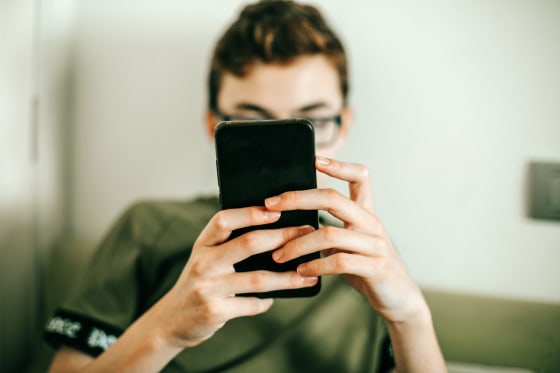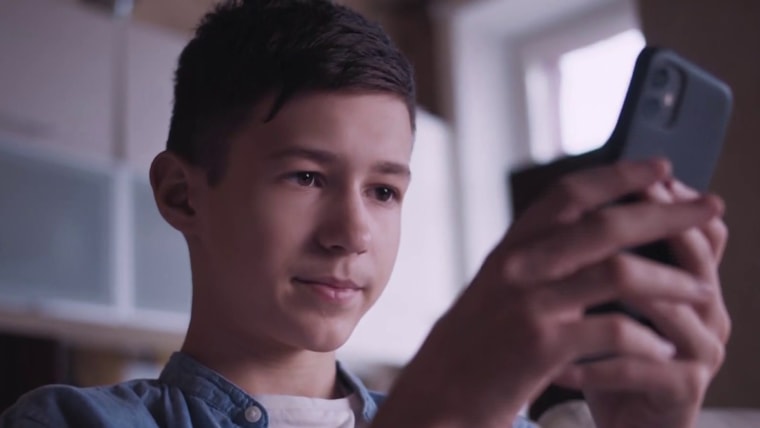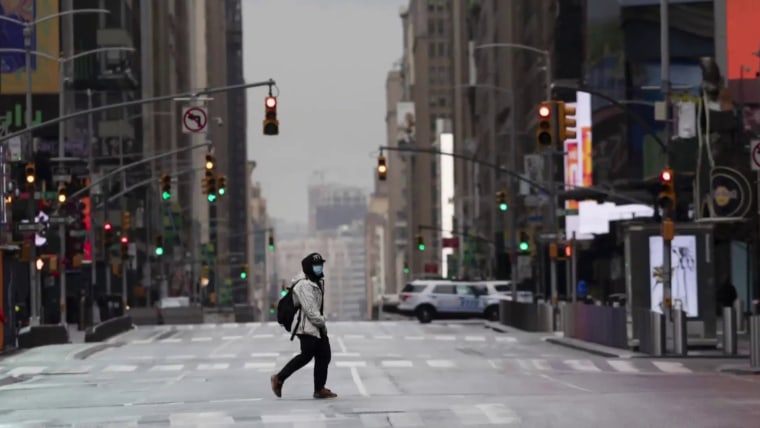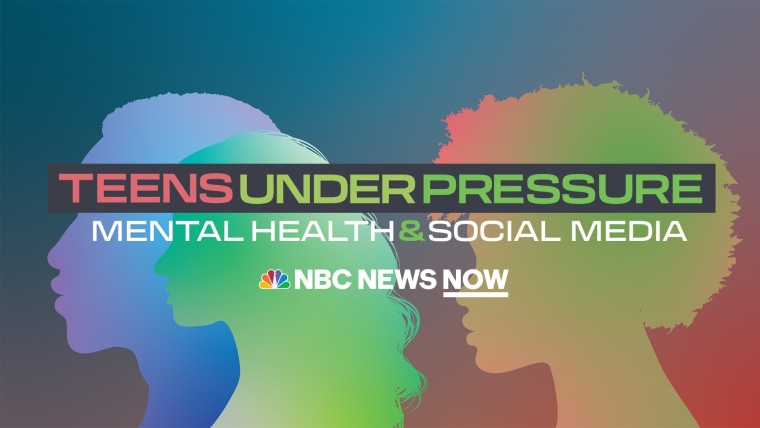Surgeon General Vivek Murthy, long a proponent of mental health awareness, has issued a warning that social media use is a main contributor to depression, anxiety and other problems in the nation's teenagers.
The report, released Tuesday, calls attention to growing concerns about the effects of social media use on children and adolescent's mental health. The advisory urges policymakers and the companies that make the social media platforms to share with parents the burden of managing children's and adolescents’ social media use.
Murthy calls youth mental health “the defining public health issue of our time,” urging policymakers to help ensure strong safety standards to help protect adolescents and teens from exposure to harmful content and excessive use.
Up to 95% of teens between the ages of 13 and 17 say they use a social media platform, according to the report. About a third say they're scrolling, posting or otherwise engaged with social media "almost constantly."
"At this point, we do not have enough evidence to say with confidence that social media is sufficiently safe for our kids, Murthy said in an interview. "We have to now take action to make sure that we are protecting our kids."
The report pulls together research that links social media use and poor mental health in adolescents, such as a 2019 study that found teens who spent more than three hours a day on social media "faced double the risk of experiencing poor mental health outcomes, including symptoms of depression and anxiety."
As of last year, students in grades eight and 10 who were surveyed said they spent even more time each day on these platforms: three hours and 30 minutes, on average.
Jim Steyer, founder of Common Sense Media, an organization that advocates for laws and policies to make media more child-friendly, said the advisory was "absolutely spot on" and "should be a clarion call to every parent in this country, every policymaker, that we need to put focus and resources into this effort."
The most popular social media platforms among teens are TikTok, Snapchat and Instagram, according to the Pew Research Center.
The surgeon general's warning about social media comes as the rates of teenage depression, sadness and hopelessness have skyrocketed over the past decade, especially among girls.
"Teen depression started to rise around 2012, a time that coincides with the popularity of smartphones," said Jean Twenge, a professor of psychology at San Diego State University and the author of "Generations: The Real Differences between Gen Z, Millennials, Gen X, Boomers and Silents—and What They Mean for America’s Future."
It was also a time, Twenge said, that "'likes' on posts became common, and the algorithms started to become more sophisticated to keep people on social media for longer. That's clearly not a coincidence."
The surgeon general's report also blamed social media for perpetuating eating disorders, body dysmorphia and low self-esteem. Some evidence also suggests a possible link between excessive social media use and attention-deficit/hyperactivity disorder in teens.
Twenge said social media can affect mental health in a variety of ways. Both sleep and face-to-face social interaction are beneficial to mental health, she said, but if kids are online when they should be in bed or spending time with friends, that's a problem.
Feeling left out and comparing oneself to others can also be damaging.
"Even if you know on an intellectual level that they may have taken 200 selfies to get the right one," Twenge said, "at an emotional level, that's not really processed."
What can be done?
The surgeon general's report outlines recommendations for both technology companies and lawmakers.
"Policymakers need to step up and help ensure that we have strong safety standards, to help protect our kids from exposure to harmful content, and to also protect them from excessive use," Murthy said. This includes enforcing age minimums.
Companies are advised to create better tools to protect teenagers, and loosen up on features that entice kids to stay online longer.
It's parents who are on the front lines now in trying to help teens navigate the online world. The report encourages caregivers to create "tech-free" zones in the home, and to talk with kids about how social media use makes them feel.
"It's really not fair to put the onus on parents alone. Why isn't the industry held responsible for creating the platforms and making the features that much more addictive?" Steyer of Common Sense Media said. "There has to be a major national discussion."
How old should kids be before using social media?
Most tech companies require users to be at least 13 years old. But nearly 40% of kids between the ages of 8 and 12 use social media, the report said.
Murthy said he believes even 13 is too young to be on social media but said there wasn't enough data to suggest which age would be appropriate.
Twenge suggested that the age minimum should be set at 16.
"Let's get some regulations in place now to help kids who are not yet on social media," Twenge said. "Maybe we can save the next generation."
Follow NBC HEALTH on Twitter & Facebook.





